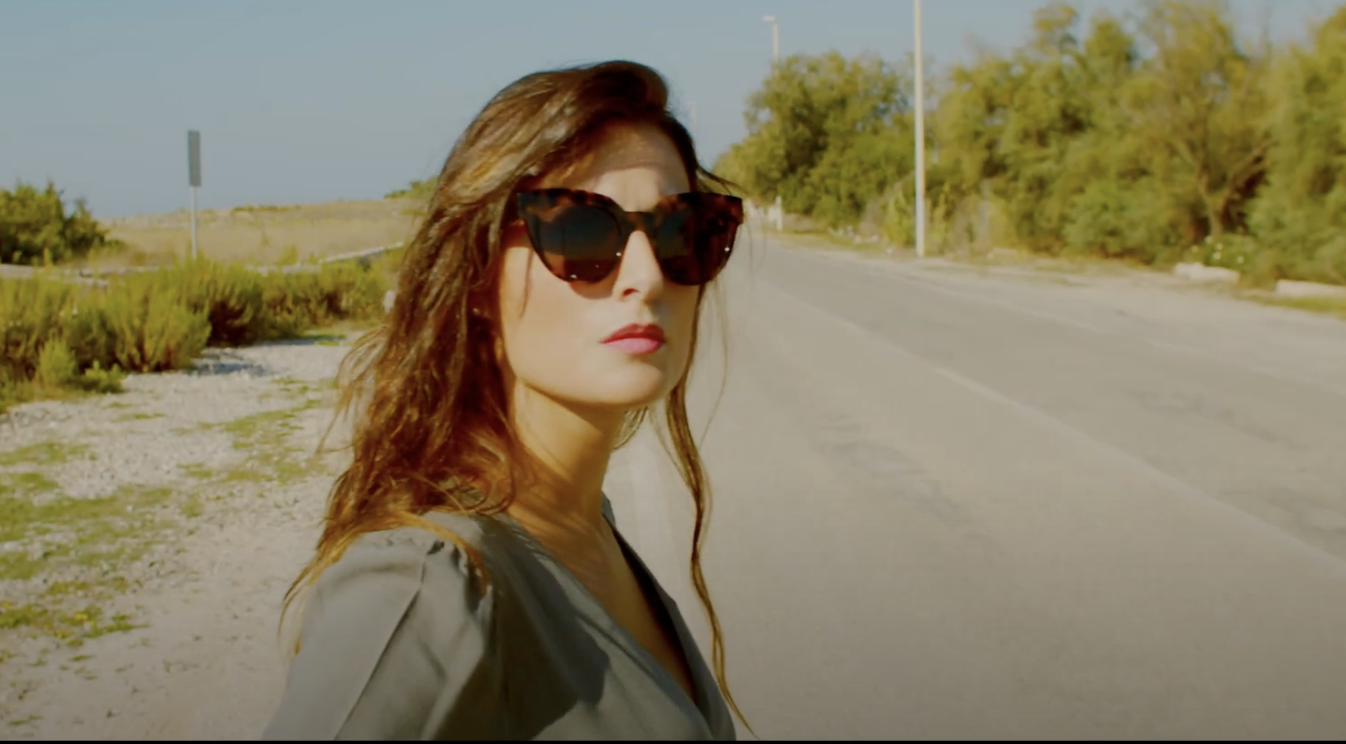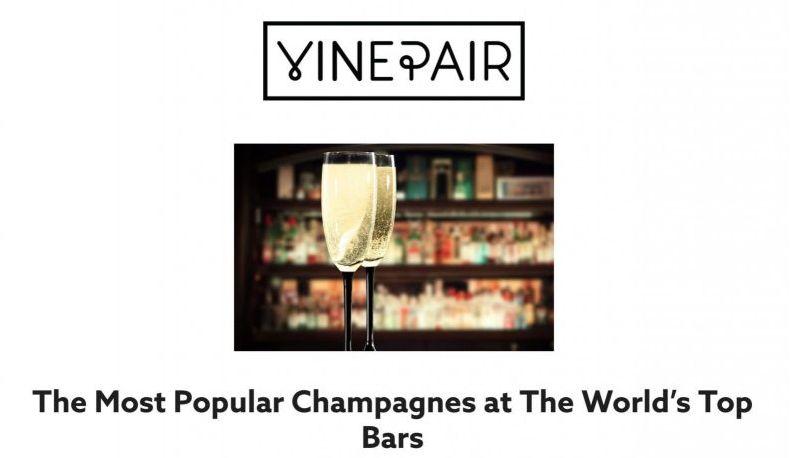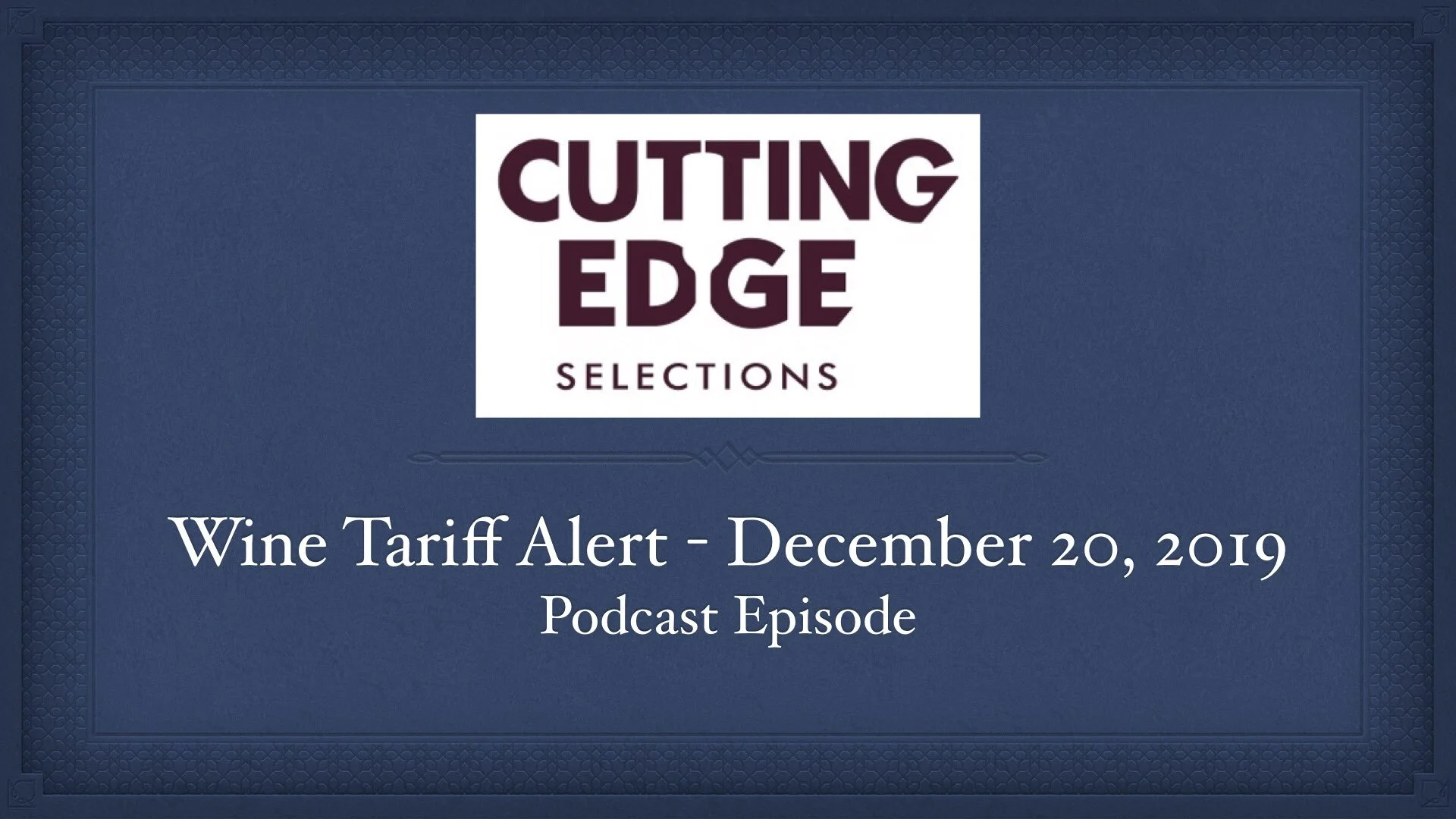To Our Customers, Partners, and Friends-
As you all certainly know by now, President Trump has announced the new reciprocal tariff plan which will include new levies on wine and many other goods that are important to your business and ours.
As the time of writing, a 20% tariff has already been put in place on all European goods. Japan (Sake) and South Korea (Soju) will face levies of 24% and 25% respectively, South Africa will face levies of 30% and alcohol from any remaining country (Australia, New Zealand, Chile, Argentina, etc) will be levied at the 10% ‘baseline’ applied to all incoming goods.
The first major point we want to address is in response to the tariffs on goods from the EU. The announcement of 20% tariffs DOES NOT mean the threat of 200% tariffs on European alcohol is gone. The EU still has plans to announce retaliatory tariffs on the US in response to the steel and aluminum tariffs on April 13, and will likely announce additional retaliatory tariffs in the coming days. Our understanding is that if Bourbon is included at the previously threatened 50% rate that a 200% retaliatory tariff on European alcohol is still on the table. We are working closely with our European suppliers to have them urge the EU to leave Bourbon off the table and avoid this potentially industry shattering outcome.
However, the threat of 200% tariffs is enough to require us to continue to hold several containers in Europe until we have more clarity. While we will work to minimize out of stocks to the best of our ability, we are already facing a significant amount of gridlock in global shipping that will almost certainly get worse with yesterday’s announcement. This will affect not just Cutting Edge, but ALL distributors and importers around the country.
We would also like to point out that while we don’t anticipate the tariffs will be completely walked back through negotiation with America’s trading partners, we are hopefully that negotiations and concessions will potentially be made with some of those partners to bring the tariffs closer to the 10% baseline. While the response of other countries may lead to increased trade tensions in the coming weeks, we have been informed that the administration is open to lowering tariffs on countries who respond by removing barriers to trade on American products.
So, where do we all go from here?
While we have prepared for this as well as the nature of the announcement and lack of viable information for the past few months allowed, there will be some amount of unavoidable turmoil in the short term. Pricing won’t uniformly change all at once. There will be stock issues as the result of the previously mentioned worldwide shipping gridlock.
For the last several months we have been engaged in conversation with our European suppliers, and others around the world, about how to best prepare for potential tariffs. Now that a real number is in place we will continue to work with our partners to see how much the cost of tariffs can be absorbed and determine what price increases will be necessary and when.
The resulting price increases from tariffs will vary. Some suppliers will be able to absorb more of the burden on their end where others will not be able to lower prices to the US without risking failure. Many smaller wineries simply do not work on margins that are high enough to absorb the cost.
Practically, this means that prices won’t increase by 20% across the board (or to the level applied to a respective country). Most items will likely increase somewhere between 10-15% over time and some may not increase at all.
We have also worked to build up our inventory levels and currently have a very healthy amount of product that was brought in prior to the tariffs. While there will be items that are not available due to stock issues in the coming months (and we believe we have done a better job of preparing ourselves in terms of on hand product than many), we are fortunate to have suitable replacements for most items and will continue to source more as needed. We would ask that you be patient with us regarding any stock issues and price increases. We will continue to work to provide information as early as we can, but the current circumstances will inevitably lead to some things being missed or not announced as early as we would like.
As we don’t currently have exact information about price increases from wine to wine, we feel it’s important to remind you that panic-buying large amounts of inventory is not something we recommend. While we are not planning to broadly limit purchasing, we do reserve the right to do so on a case-by-case basis if needed. Please remember that price increases aren’t going into effect today. For some items, based on current inventory levels, it could be many months away. They won’t all happen at once and it will be hard to predict when pre-tariffed inventory will run out and be replaced by product that was subject to the levies.
It's important to remember that these tariffs will not be short-term. Our economy will take time to adjust to its new direction. With the uncertainty this will bring, we would argue it is not advisable to invest significant capital to secure product at today’s pricing when increases are an inevitability. This shift isn’t singular; every winery, importer, distributor, restaurant, and retailer is in the same boat and over-buying will not create a long term advantage over your competitors.
With new turmoil around us, it's easy to forget that in 2020 and 2021 almost no industry was punished like independent restaurants and retailers. Many of us struggled to find hope in the situation, and feared we would lose what we had given so much to build. We also forget that as Covid started, there was already a 25% tariff on many European wines.
We strongly believe that the level of talent and resolve we see around us every day is proof that no matter how unclear the future may seem, our own fear and the fear we let in from the outside often clouds reality. Remembering how you have persevered in the past can make the challenge in front of you, while real, seem a little less daunting.
We will be here to help all of you and will continue to provide you the best information we can at every step along the way.



























